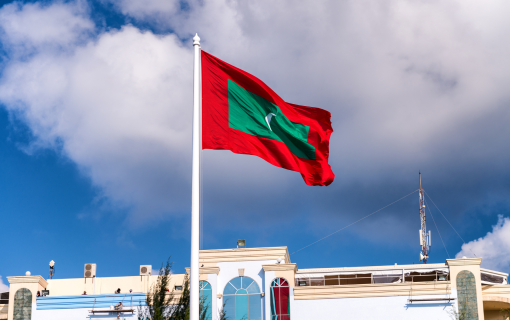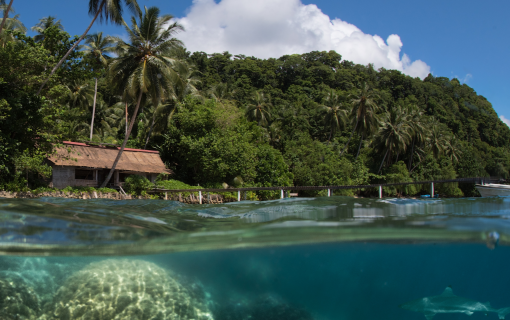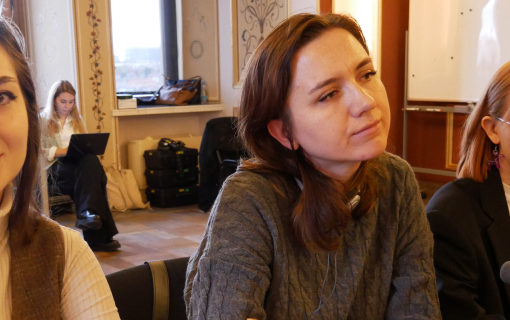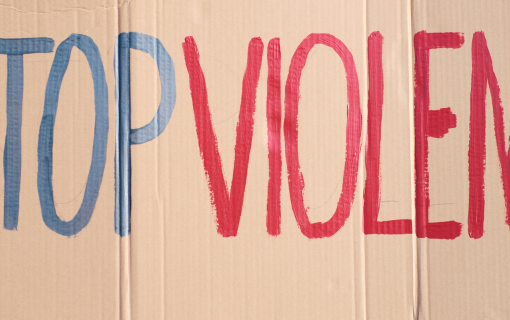CEDAW Anniversary: Helping Women Reach Their Potential in the Pacific Islands
In honor of the 33rd anniversary of the signing of the United Nations Convention on the Elimination of All Forms of Discrimination against Women (CEDAW), IFES colleagues from around the world share their thoughts on gender discrimination in their countries and how they are working to overcome it.
Name: Lauren Sauer
Title: Program Officer
Region: Pacific Islands
How does discrimination against women affect their participation as citizens in the Pacific Islands?
Discrimination against women in the Pacific Islands takes many forms. If the family does not have enough money for school fees for all of their children, it is the girl child who will not be educated. Her lack of education and often basic literacy will limit her opportunities later in life. The rate of domestic violence is very high. The lack of respect for women in the home prevents many men from taking them seriously in public life. An abusive home life limits women from reaching their full potential.
Women do not have the same economic opportunities as men, and women are not treated equally in the workplace. When women do work, it is not uncommon for the men in their lives to control their earnings. At the same time, women in Papua New Guinea and the Solomon Islands are stepping up and working in the informal sector to support their families and working to get resources to their communities where they are so desperately needed. Women are taking leadership roles and responsibilities. However, they are often not publicly acknowledged for the leadership roles that they play in the family or at the community level, and the idea of women’s empowerment is not widely accepted.
Since Papua New Guinea's independence in 1975, there have been only seven women elected to parliament. Three of whom were recently elected in the 2012 national elections. In the Solomon Islands, only two women have been elected to parliament since independence in 1978; one of them was elected in a by-election this past year.
Please tell us about your work with IFES related to combating discrimination against women and promoting women's empowerment.
Women need a greater voice in both private and public life in order to address these challenges and to help their societies function better as a whole. Papua New Guinea ranks 150 out of 174 on Transparency International's corruption index, and women must be part of the solution.
IFES works with local partners dedicated to the cause of women's empowerment such as the National Council of Women in Papua New Guinea, Provincial Councils of Women, Solomon Islands' National Council of Women, Voice Blong Mere and Solomon Islands Development Trust to improve the political participation and representation of women in Papua New Guinea and the Solomon Islands by strengthening their capacity to influence decision makers and advocate for policy change.
In addition, IFES collaborates with local media and civil society stakeholders to design public information campaigns that aim to shift attitudes on women's empowerment through creative radio messages and talk back programs that create a space for a national conversation on women's empowerment.









